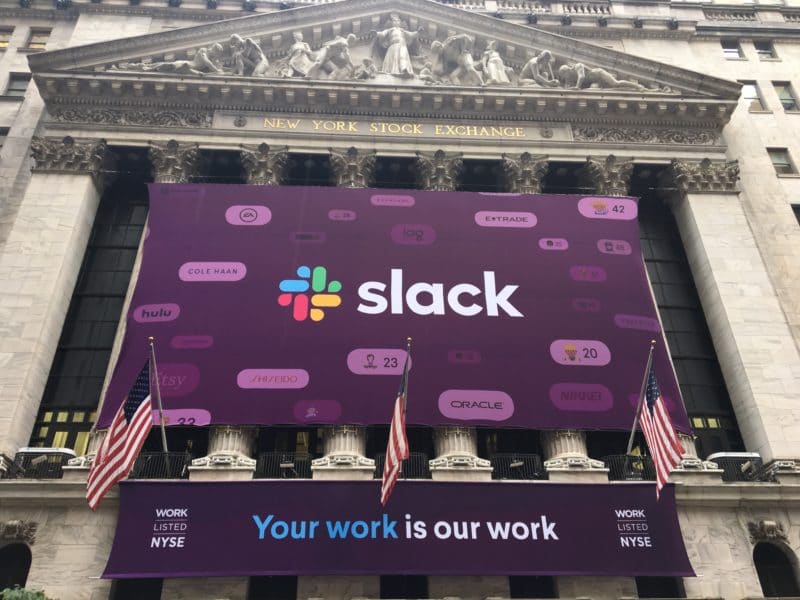
Spotify Technology and Slack Technologies, each multibillion-dollar companies, listed their shares for trading on the New York Stock Exchange in the past two years. But unlike the typical initial public offering (IPO), neither company received any financing proceeds.
Why would a company go through all the trouble of an IPO and elect not to raise any capital? Two principal reasons: They didn’t need the cash, and they wanted to provide liquidity for longtime shareholders. Subsequent to Spotify’s and Slack’s direct listings, some media pundits waxed prophetic about how the traditional IPO was dead and the future belonged to direct listings.
Nothing could be further from the truth.
Established Companies & Successful Traditional IPOs
Slack and Spotify were able to effectuate direct listings because they are global brands, their business models are well understood, they have nine-digit cash reserves, and the value of each company was fairly well established due to a vibrant private market for their shares.
Inasmuch as very few private companies share those requirements for a successful direct listing, it’s evident that traditional IPOs aren’t going away. Does that mean that traditional IPOs are always an efficient means of raising capital? In a word, no.
“New” Research Not So New
Some prominent investment firms have seized on the enthusiasm for direct listings to share extensive research, proving that traditional, hand-allocated IPOs are so flawed that companies should steer clear of them. One legendary venture capitalist went so far as to agree on social media that undertaking a traditional IPO instead of a direct listing is “moronic”.
The underlying analysis is accurate. That is, traditional IPOs are often underpriced to invigorate trading demand, thus greatly benefiting friends of investment banks while disadvantaging issuers that leave millions, if not billions, of dollars on the table. But small-cap officers and directors should approach this disdain for traditional IPOs with caution.
First, fanfare notwithstanding, there is nothing remotely new about any of the recently published IPO research. For example, Bill Hambrecht made the exact same observations more than two decades ago when espousing the use of Dutch auctions for IPOs. It’s at least reasonable to ask why the venture community has been fine with inefficient IPOs for the past 20-plus years. But now—subsequent to Spotify’s and Slack’s direct listings—why is it suddenly an enormous problem?
Direct Listings Aren’t Going Away
Second, capital markets are definitely not one size fits all. Venture capital’s biggest winners might well be so-called unicorns and decacorns, but according to EY, the median post-IPO market capitalization of companies that transacted IPOs in 2019 is still only $708 million. If you’re wondering how many of those companies had global brands, enormous balance sheets, broadly understood business models, and liquid markets for their shares when they were privately held, the answer is, not many.
Memo to those espousing the imminent death of traditional IPOs: The overwhelming majority of private companies contemplating going public are not candidates for direct listings.
As has been argued many times in this column, there is great danger when, for example, large-cap companies and their service providers speak in general terms about the key issues boards should focus on. Not only are many of those issues irrelevant to those faced by the majority of directors—those who govern small-cap companies—but it also stultifies the conversation about issues that actually are on the minds of small-cap leaders.
Prominent venture capital firms should also think carefully prior to making broad corporate finance proclamations. It might well be imprudent for private companies in their portfolios that look and feel like Spotify and Slack to undertake traditional IPOs, but to suggest that all private companies should embrace direct listings ignores the reality that most companies that go public—that is, small-caps—have nothing in common with Spotify and Slack.
This post is based upon a feature in Directorship magazine, November/December 2019.



